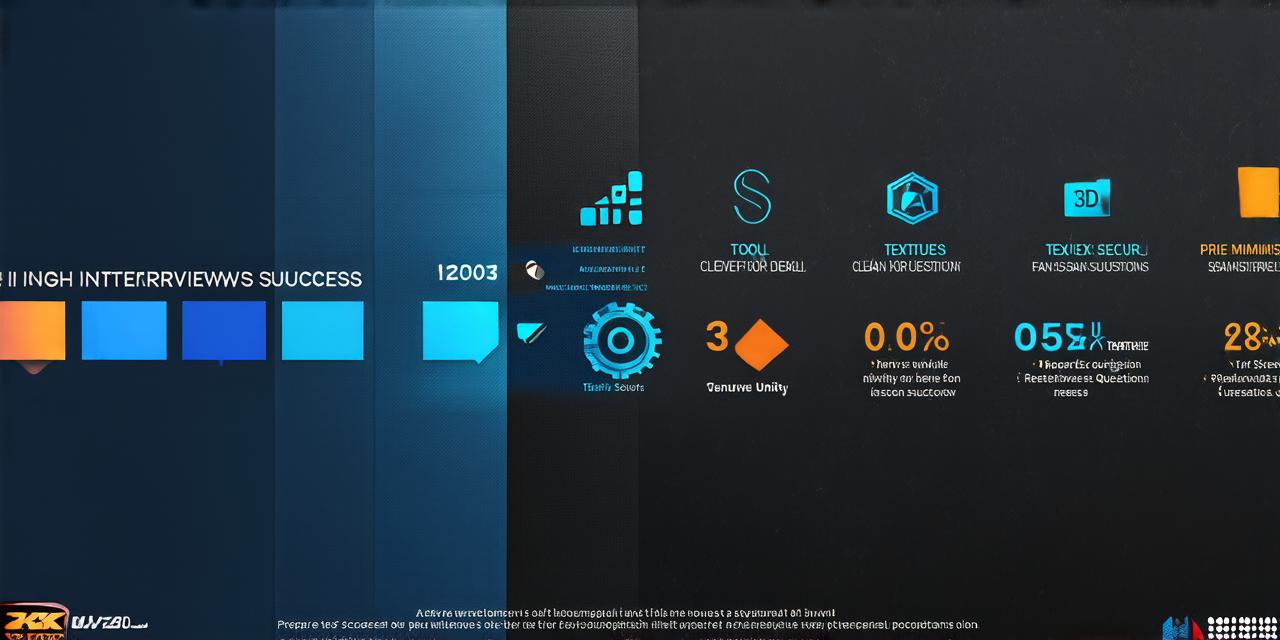Why Unity 3D?
Unity 3D is a versatile game engine used by industry giants like Ubisoft and EA. Its cross-platform capabilities make it an ideal choice for creating games for various devices, from mobile to VR.
1. What is Unity 3D?
Unity 3D is a powerful game engine that allows developers to create immersive 2D and 3D games for multiple platforms. It’s known for its ease of use, flexibility, and robust community support.
2. Can you explain the Unity Editor interface?
The Unity Editor is a visual workspace where developers design, build, and test their games. Key areas include the Scene View, Game View, Hierarchy Window, Inspector Window, and Project Window.
3. What are Prefabs in Unity 3D?
Prefabs are reusable game objects that can be instantiated multiple times within a scene. They help streamline the development process by reducing repetitive work.
4. How do you handle performance optimization in Unity 3D?
Optimization involves minimizing the number of draw calls, using efficient shaders, and reducing unnecessary script calls. It’s crucial for maintaining smooth gameplay on various devices.
5. What is the role of C in Unity 3D?
C is the primary programming language used in Unity 3D for scripting game logic, physics, and AI behavior. It allows developers to create complex and interactive gaming experiences.
6. Can you discuss a challenging project you’ve worked on using Unity 3D?
In my previous role at XYZ Studio, I led the development of a VR game for Oculus Rift. The project required mastering Unity’s physics engine and implementing complex interactions to create an immersive experience.

FAQs
* Q: What are some popular Unity 3D resources for learning?
Unity Learn, YouTube tutorials, and the Unity forum are great resources for beginners and experienced developers alike.
* Q: How can I improve my Unity 3D portfolio?
Create a diverse range of projects showcasing your skills in areas like VR, AR, and multiplayer games. Collaborate with other developers to create larger, more complex projects.
Endnote:
In the ever-evolving landscape of game development, staying ahead requires adaptability and a strong foundation in Unity 3D. By mastering essential concepts and showcasing your creativity, you’ll be well on your way to success.
